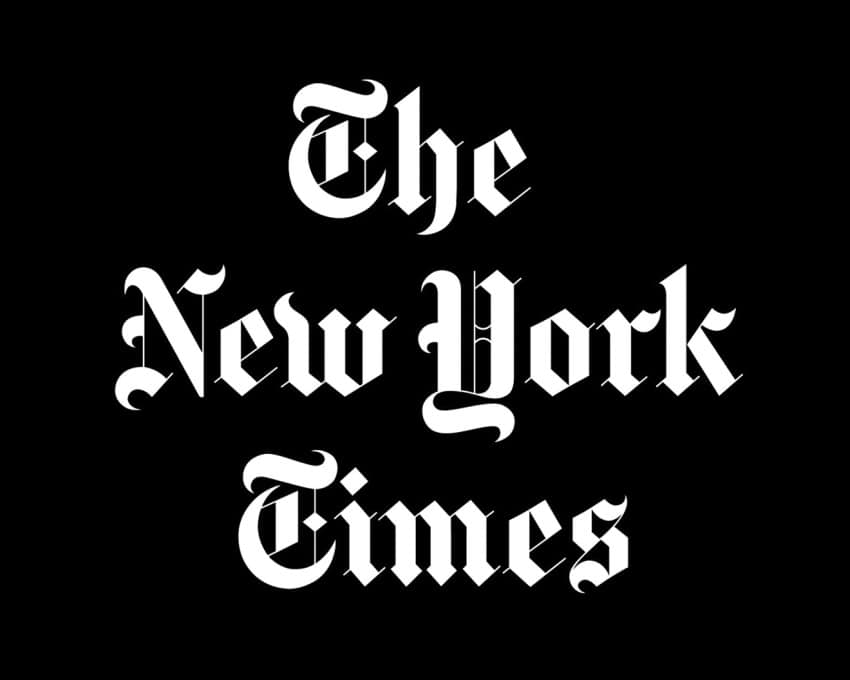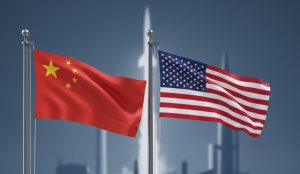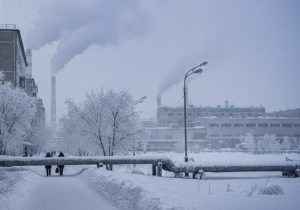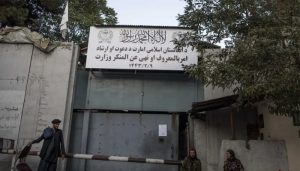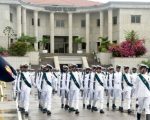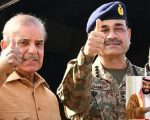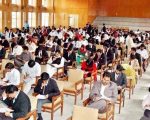WASHINGTON (Web Desk): Urging world powers to persuade Pakistan to rein in its nuclear weapons programme, The New York Times editorial board wrote on Sunday that the country presents a danger to the entire world.
“The fact that Pakistan is also home to a slew of extremist groups, some of which are backed by a paranoid security establishment obsessed with India, only adds to the dangers it presents for South Asia and, indeed, the entire world,” the editorial read.
The paper, recognising Pakistan’s fast growing nuclear arsenal and its status to become the world’s third-ranked nuclear power in a decade, said, “These are unsettling truths.”
“Persuading Pakistan to rein in its nuclear weapons program should be an international priority. The major world powers spent two years negotiating an agreement to restrain the nuclear ambitions of Iran, which doesn’t have a single nuclear weapon. Yet, there has been no comparable investment of effort in Pakistan, which, along with India, has so far refused to consider any limits at all,” it added.
Noting that there was no headway made during Prime Minister Nawaz Sharif’s recent visit to Washington despite the Obama administration beginning to address the “complicated issue with greater urgency and imagination”, the editorial said, “The odds of success seem small.”
“Yet it would be wrong not to keep trying, especially at a time of heightened tensions between Pakistan and India over Kashmir and terrorism,” it added.
Regarding US striking a nuclear deal with Pakistan, the editorial board said, “What’s new about the administration’s approach is that instead of treating the situation as essentially hopeless, it is now casting about for the elements of a possible deal in which each side would get something it wants.”
“For the West, that means restraint by Pakistan and greater compliance with international rules for halting the spread of nuclear technology. For Pakistan, that means some acceptance in the family of nuclear powers and access to technology.”
Recalling international sanctions slapped on Pakistan after it tested a nuclear weapon in 1998, the board said Pakistan is a “pariah in the nuclear sphere to all but China.”
“Pakistan has done itself no favours by refusing to join the Nuclear Non-proliferation Treaty and by giving nuclear know-how to bad actors like North Korea. Yet, it is seeking treatment equal to that given to India by the West,” it noted.
Claiming the US is not offering Pakistan and India-like generous nuclear cooperation deal that allowed New Delhi to buy American nuclear energy technology, the editorial quoted American officials as saying they are discussing what Pakistan needs to do to justify American support for its membership in the 48-nation Nuclear Supplier Group, which governs trade in nuclear fuel and technology.
“As a first step, one American official said, Pakistan would have to stop pursuing tactical nuclear weapons, which are more likely to be used in a conflict with India and could more easily fall into the hands of terrorists, and halt development of long-range missiles. Pakistan should also sign the treaty banning nuclear weapons tests,” the editorial read.
“Such moves would undoubtedly be in Pakistan’s long-term interest. It cannot provide adequate services for its citizens because it spends about 25% of its budget on defense. Pakistan’s army, whose chief of staff is due to visit Washington this month, says it needs still more nuclear weapons to counter India’s conventional arsenal,” it added.
Further, the board advised that Pakistan’s competition with India, which is also adding its own nuclear arsenal, is “a losing game” and the country’s allies such as China “should be pushing Pakistan to accept that.”
“Meanwhile, Narendra Modi, India’s prime minister, has done nothing to engage Islamabad on security issues, and he also bears responsibility for current tensions. The nuclear arms race in South Asia, which is growing more intense, demands far greater international attention,” the editorial concluded.

